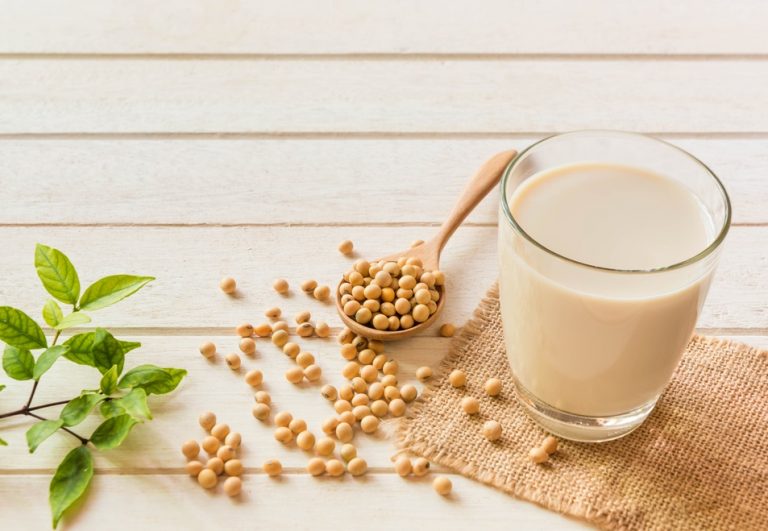8 Health Benefits of Tea Tree Oil
Tea tree oil, derived from the leaves of the Australian tea tree (Melaleuca alternifolia), is a versatile essential oil with a wide range of benefits for health, skincare, and haircare. Known for its antibacterial, antifungal, and anti-inflammatory properties, tea tree oil has become a staple in natural remedies. Here are eight remarkable health benefits of … Read more










